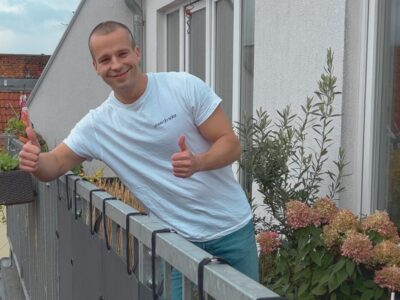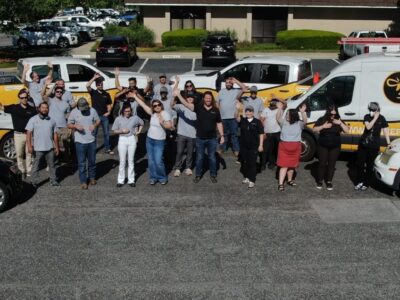The circular economy will play a critical role in efforts to reverse changes to the climate because of its emphasis on reducing waste and extending the life cycle of consumer goods. But there’s still a long way to go. According to the Circularity Gap Report 2022, only 8.6% of the 100 billion tonnes of materials that enter the global economy every year are cycled back into it.
One of the biggest challenges is convincing people to recycle or repurpose items rather than toss them in the trash bin, where they’ll be bound for the landfill.
According to the Environmental Protection Agency, municipal solid waste landfills are the third-largest source of methane emissions in the U.S. generated by human activity, accounting for about 14.5% of these emissions in 2020.

Incentivizing people to recycle goods rather than throw them away can go a long way toward addressing the problem. That’s the idea behind Twig, a U.K.-based “Bank of Things” startup that offers financial solutions for the circular economy.
The Twig app lets users instantly claim the value of goods they want to discard, from electronics and jewelry to clothing and accessories. Twig assigns values based on prices it pulls from resale websites such as Poshmark and The Real Real. After a user mails an item in, Twig puts it up for sale.
Twig has only been around since July 2021, but it has already made a big impression on consumers. The company’s mobile app surpassed 500,000 downloads in its first eight months. Twig is now adding 100,000 users a month and expanding into the U.S. and Europe.
Founder and CEO Geri Cupi said Twig could help reduce waste and change shopping attitudes.
“It might make sense for you to buy a more premium item because you know that by the time you’re bored of it when you resell it, you’d be able to get very good value for it,” he said.
From an environmental standpoint, the stakes are very high. As the World Economic Forum noted earlier this year, the production and consumption of goods are a root cause of two of the most significant environmental challenges: changes to the climate and biodiversity loss.
Nearly half (45%) of greenhouse gas emissions come from how the world produces and uses products and food. More than 90% of biodiversity loss is due to the extraction and processing of natural resources.
Transitioning to a circular economy can help lower these numbers considerably.

On its retro-cool website — it looks like it just woke up from 1998 — Twig refers to itself as the “next-generation banking” that can empower the circular economy and lead the Web 3.0 green payment infrastructure.
“By extending the life cycle of clothes for just nine months, you could reduce carbon, water and waste footprints by approximately 20–30% each,” according to the Twig website. Users can also offset their carbon footprints by getting a Twig Carbon Offsetting Subscription.
Twig, a Certified B Corp., tries to make the app as quick and straightforward as possible by letting users upload their items in less than 30 seconds, receive a valuation and immediate offer, and swipe to get their cash immediately.

The app has caught the attention of the tech industry. In May, Twig won the app category as part of the Fast Company 2022 World-Changing Ideas Awards.“This recognition means the world to us and our community, but most importantly, it inspires us to look forward and contribute even more to a better collective future,” Cupi said.





